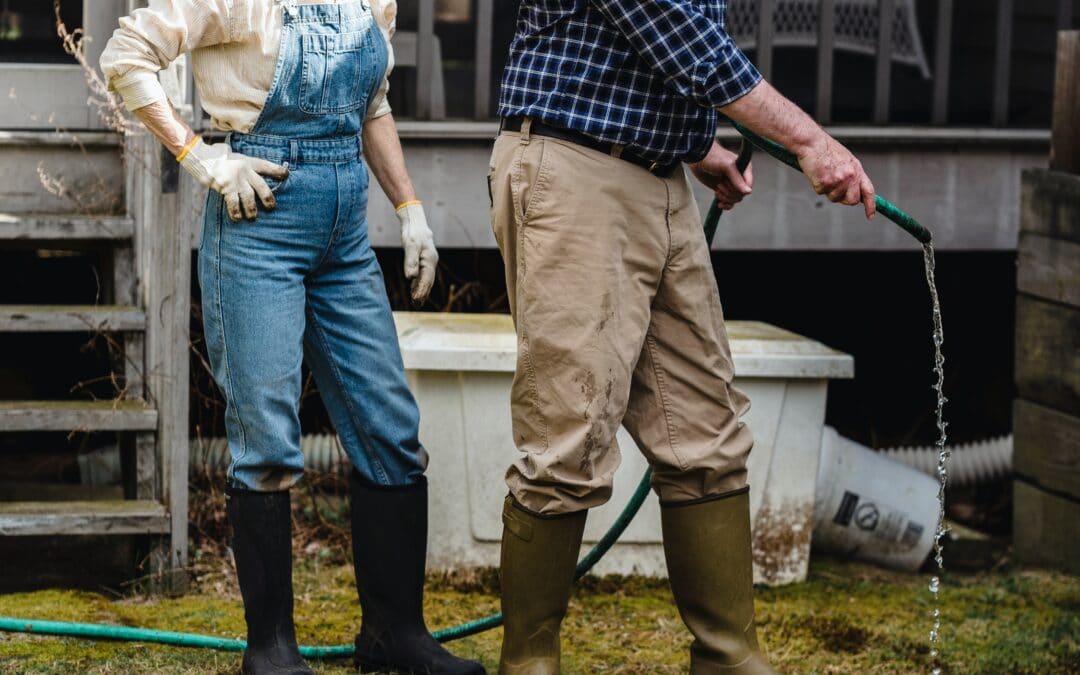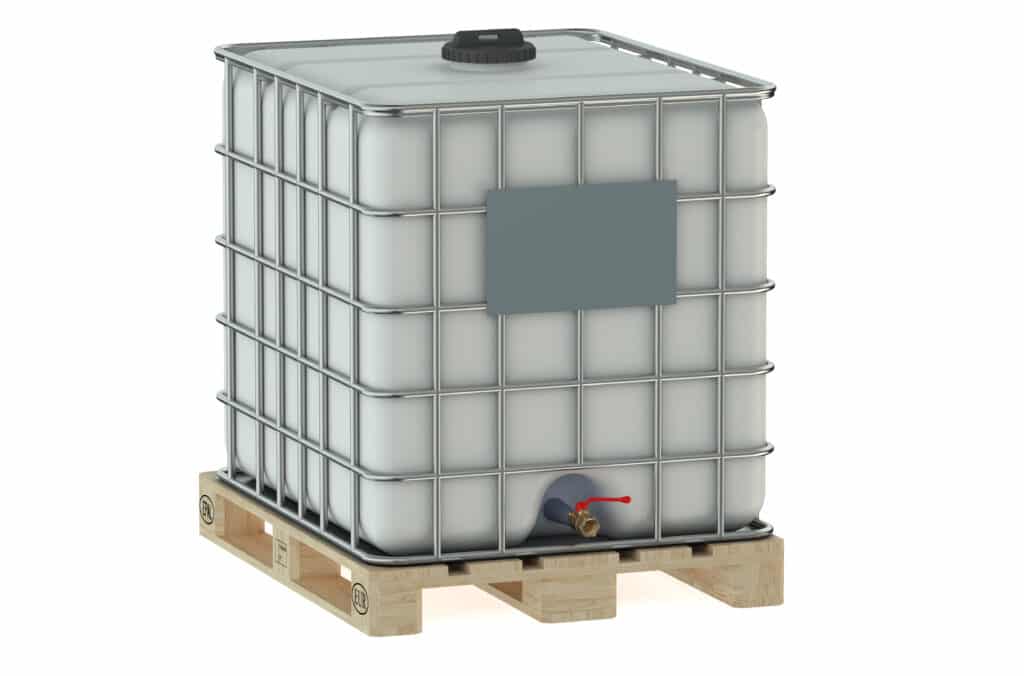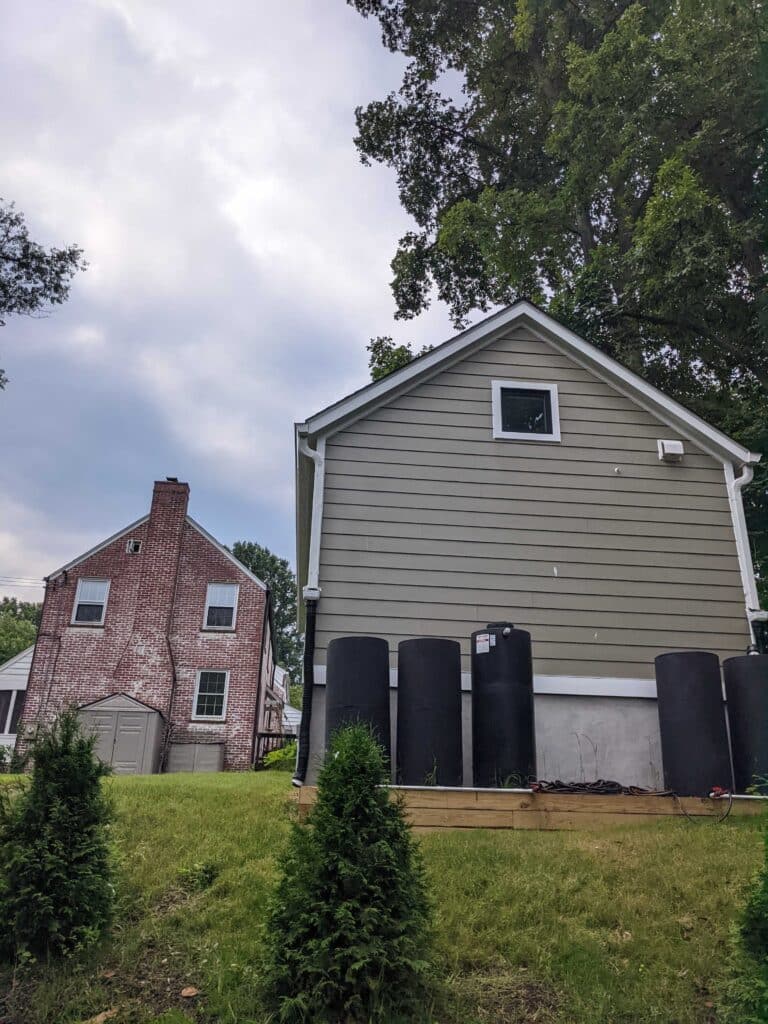Interested in investing in a rainwater harvesting system but do not know where to start? That’s ok. With a mountain of options, often complex local and state regulations, and confusing or nonexistent stormwater management incentives – it can be overwhelming to know what type of solution works best for you.
Using Rainwater
The kind of rainwater capture systems that are best for your situation is generally impacted by a few different metrics: (1) what size you are looking for, (2) the intended use of the water you are capturing, (3) your aesthetic preferences, and (4) local or state regulations.
Whether you own a 2,000 square foot (sq. ft.) residential home or a 20,000 sq. ft. commercial warehouse facility, the best residential rain water harvesting solution is the one that directly manages the stormwater generated by your impervious surface, potentially saves on property taxes or stormwater fees, and protects your local environment from potentially hazardous runoff that negatively impacts it.
Arguably the most crucial point to consider when you are considering investing in a rainwater harvesting system is the sizing of the system you want and the capacity for collection. A simple rain barrel attached to your gutter can be as small as 50 gallons and up to 250 gallons or more for multi-rain barrel combination systems. Cisterns, generally much larger than rain barrels, vary from as small as 500 gallons up to 5,000 gallons or more. Measuring your rain capture system varies dependent mainly on what style you are interested in, your budget, and the intended use you need for your situation. For example, large, galvanized metal cisterns can cost as much as $4,000 with delivery, whereas a simple, do-it-yourself food barrel conversion can be as cheap as $99. It is also important to remember that professional installation is often recommended (and sometimes required depending on your location) for larger systems (e.g. industrial cisterns). This is because of their weight, the need to create a stable foundation, and the connection to water collection systems (e.g. gutters) is more complex.
As mentioned above, another essential factor to consider when reviewing potential options for your rainwater capture system is the intended use of the water you are collecting. Rain captured through a rainwater harvesting system is often captured directly through a screened opening at the top of the system or through roofs that connect to a gutter/downspout. In most cases, the water captured is only safe for outdoor uses (e.g., car washing, gardening, etc.) and not for non-potable and potable uses (e.g., plumbing, drinking, bathing, cooking). If you are interested in a rainwater capture system for non-potable and potable uses, you should keep a few considerations in mind.
First, many cities and states in the U.S. have regulatory controls aimed at identifying and separating captured water from municipal water (treated/regulated city or state water). It is best practice to first connect with agencies that regulate water (e.g., Department of Water, Department of Environment) so they can provide you with direction.
Second, a system that is integrated into your home (e.g., for plumbing) will be more expensive than a system that is not because of the advanced nature of these systems (e.g., plumbing materials required, treatment of the water, and professional installation).
Third, the system should be sized correctly based on the intended use(s) and local geographic considerations. In other words, it is best practice to ensure that you have enough storage necessary for the use and that you live in an area where rainfall is plentiful enough to keep the system functional.
Aesthetic preferences are another consideration when deciding what rainwater harvesting system is best for your property. Rain barrels and cisterns are offered in a variety of different sizes. As well, both offer various styles tailored to aesthetic situations. In the case of rain, barrels are generally installed on residential property uses, so the styling is primarily catered towards matching the average home or blending in against an exterior wall. In the case of cisterns, they can be installed on larger, rural residential lots or, often, in commercial or industrial uses. Therefore, the style largely depends on where they will be placed (e.g. alongside exterior walls of a barn or on the roof of a downtown skyscraper).
Last but not least, the final rain water solutions must consider if they apply to local, county, and state regulations that may impact your choice(s) and installation. Nearly every city, county, and even some states in the U.S. have some kind of development code or regulatory ordinance text regulating what can be built or added to all types of property (e.g., municipal development policies/or codes). These codes include regulatory language to manage the infrastructure built on all types of lots. In some cases, your homeowner’s association (HOA) might also regulate the kind(s) of additions you can make to your property. It is best practice to understand what kind of impact they will have on your choice.
HELP!
Considering all of the above and understanding the impact on your property…investing in a rainwater harvesting system on your property probably seems like a nightmare, right? You have done all your research and maybe realized that there is so much information in existence that there is no way you can possibly manage everything with no issues. Fortunately for you, Rainplan has solved the headache of buying green infrastructure! We do this in a few ways:
We begin by identifying and pre-qualifying your property with an incentive(s) that match the situation and technology you are interested in. Through our Virtual Site Planning Sessions, you can simultaneously meet directly with your Rainplanner and qualified contractor! Finally, you receive tailor-made proposals when you are ready to start the initial project process.
Ready to set in motion your residential rainwater harvesting system?
Schedule a Free Virtual Site Visit with one of our Rainplanners to learn more about your property and get some ideas.




